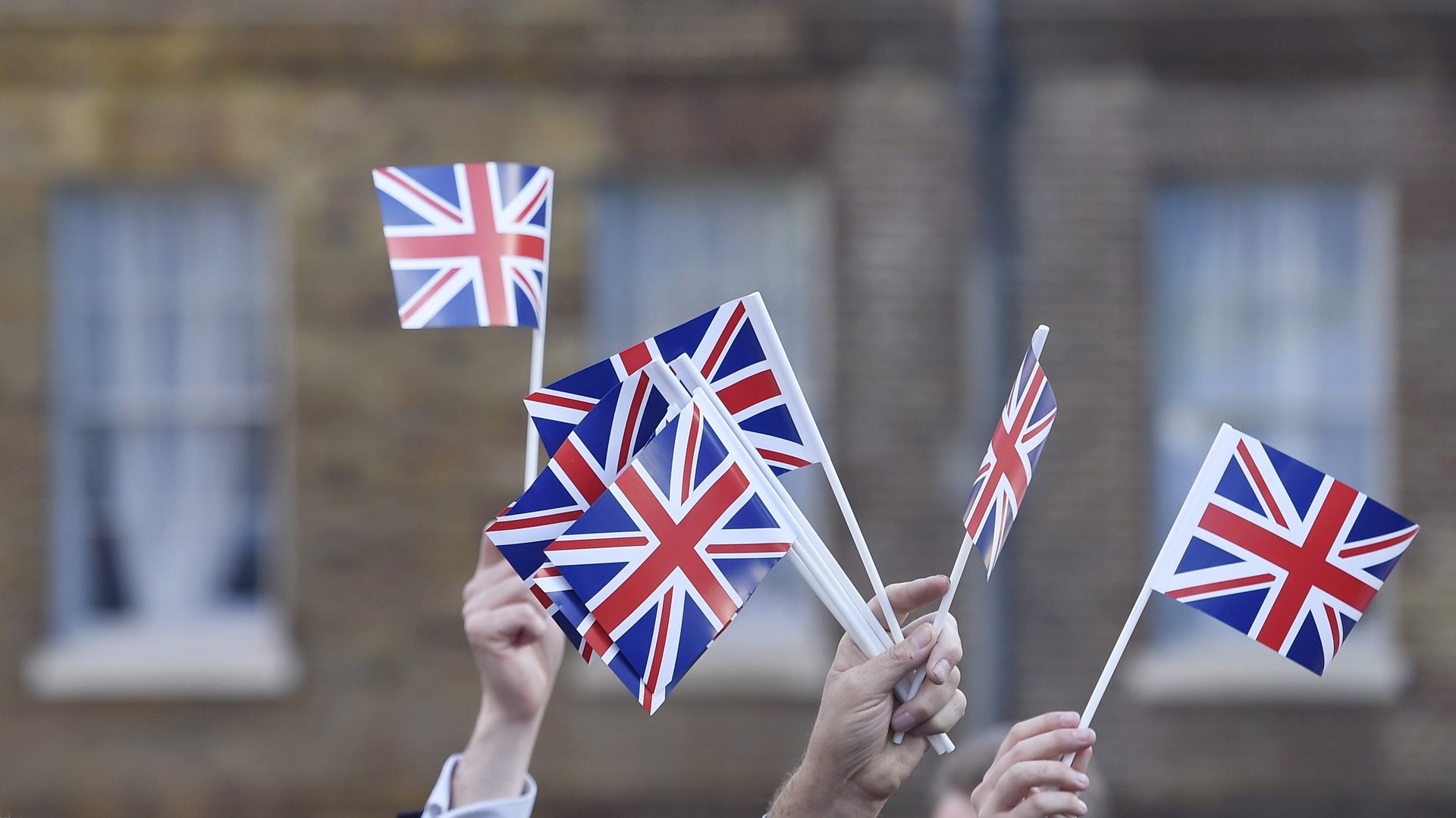Brexit might actually make the UK more racially diverse
Boris Johnson’s new cabinet met on Friday (Feb. 14), following the first reshuffle since the prime minister’s decisive election win on Dec. 12. One thing it agreed upon is overhauling the UK’s immigration system: Starting next year, it will reportedly enact an Australian-style points-based system that is blind to country of origin.


Boris Johnson’s new cabinet met on Friday (Feb. 14), following the first reshuffle since the prime minister’s decisive election win on Dec. 12. One thing it agreed upon is overhauling the UK’s immigration system: Starting next year, it will reportedly enact an Australian-style points-based system that is blind to country of origin.
Though details about the scheme have not been released—they will follow next week—10 Downing Street said it would aim to restrict the number of immigrants arriving in the UK. Doing so would deliver on one of the core pledges made by Vote Leave during the 2016 referendum on the UK’s membership to the EU.
“The prime minister stressed that we must demonstrate that the UK is open and welcoming to talent from across the world; but the new system would end reliance on importing cheap, low-skilled labour—bringing down migration numbers overall,” a spokesperson for 10 Downing Street said.
The number of Europeans arriving in the UK has fallen sharply since the June 2016 vote, in part over the uncertainty Brexit has created for EU citizens. Now that the UK has departed the bloc, it will be harder for Europeans to come to Britain once the transition period that runs until Dec. 31 ends, and they no longer have the automatic right to live and work in the country.
In comparison, the number of immigrants from the rest of the world has continued to climb—which means the new immigration regulations may relatively increase racial diversity in Britain.
That’s perhaps surprising, given that the issue of non-white or Muslim immigrants was a major talking point during the referendum. Boris Johnson used the prospect of large numbers of Turkish citizens arriving as a scare tactic, suggesting that Turkey’s accession to the EU—which at that point had already stalled—would mean the country’s roughly 80 million people would be able to settle in the UK under the bloc’s freedom of movement guarantees.
Prior Conservative governments had also pledged to reduce the number of people moving to the UK, but EU rules made that difficult to enact given that many have been and are Europeans.
Should Johnson’s new government manage to successfully curb immigration levels, it could put a dent in the labor force. An expected minimum salary floor of £25,600 for migrants—that would apply to both EU and non-EU nationals alike—could have knock-on effects for the wider economy.